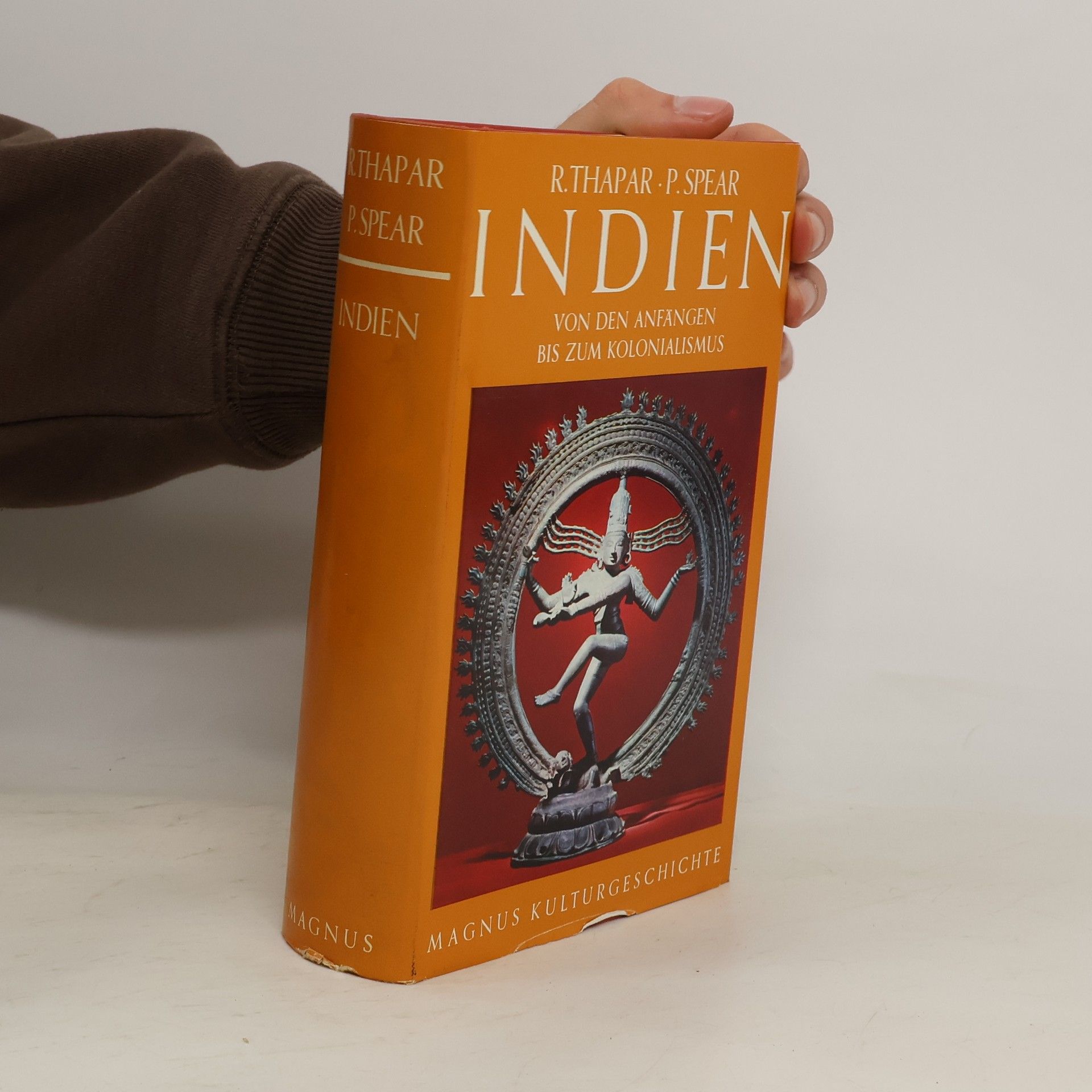The Penguin History of Early India. From the Origins to AD 1300
- 556bladzijden
- 20 uur lezen
A Largely Rewritten Version Of A Classic History Of Early India Concerned Not Only With The Past But Also With The Interaction Of The Past And The Present. Romila Thapar S Penguin History Of Early India Brings To Life Many Centuries Of The Indian Past. Dynastic History Provides A Chronological Frame But The Essential Thrust Of The Book Is The Explanation Of The Changes In Society And Economy. The Mutation Of Religious Beliefs And Practices, The Exploration Of Areas Of Knowledge In Which India Excelled, Its Creative Literature, Are All Woven Into A Historical Context. In This Version, The Opening Chapters Explain How The Interpretations Of Early Indian History Have Changed. Further, Although The Diversity Of Sources And Their Readings Are Well Known, Nevertheless, This Narrative Provides Fresh Readings And Raises New Questions. Romila Thapar Gives A Vivid And Nuanced Picture Of The Rich Mosaic Of Varied Landscapes, Languages, Kingdoms And Beliefs, And The Interaction Between These That Went Into The Making Of A Remarkable Civilization.


